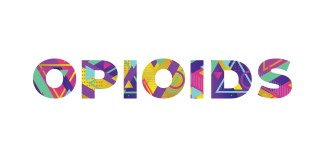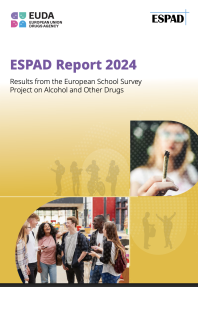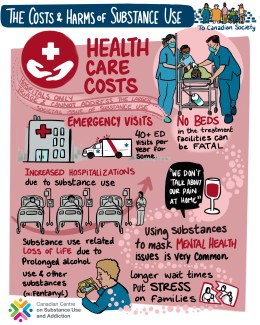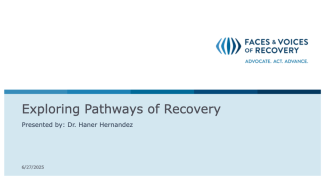The Impact of the COVID-19 Pandemic on Gambling in Europe
INTRODUCTION: The COVID-19 pandemic disrupted Europe‘s gambling market, reshaping consumer behaviour, market structure, and regulatory priorities. Restrictions on land-based venues and the cancellation of major sporting events accelerated a shift to digital platforms, raising public health concerns.
METHODS: We conducted a secondary analysis of market-level quantitative data from the European Gaming and Betting Association (EGBA) and H2 Gambling Capital to assess changes in the EU-27 and the United Kingdom between 2019 and 2029.
RESULTS: Land-based revenues fell sharply in 2020, while...





